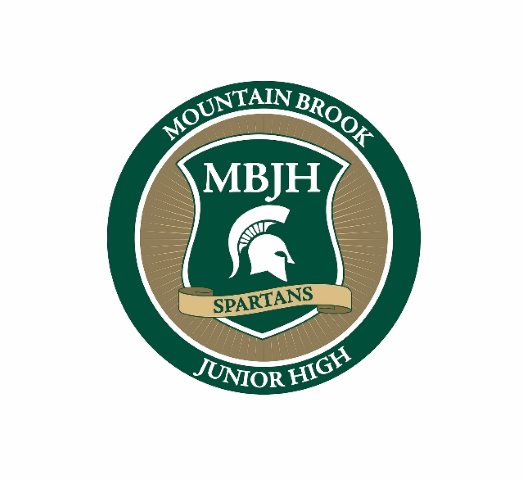-
Welcome to Mrs. Breaux's Biology Webpage!
Biology is the study of living things - - the interactions within and among organisms and between organisms and the environment. In this class, we explore our curiosities and search for answers to the following questions:
"What makes a thing living?" We will observe living things as we practice with the tools used to study cells and organisms. Then, we explore the question, "What are the macromolecules important to living things?" And to understand the role of those macromolecules in the structures and functions of cells, we ask, "What are cells?" and "How do they interact with their environment?" The cell membrane is highlighted as we study cell transport, and special organelles are highlighted as we study biochemical pathways. Organelles such as the chloroplast help us answer, "How, when, and where does the process of photosynthesis occur?" and with the mitochondrion we answer, "Why is photosynthesis and cellular respiration important to life?”
The second nine-week period includes cellular growth, reproduction, and genetics. Starting with the cell cycle, we explore the difference between prokaryote and eukaryote cell reproduction by asking, "How is binary fission different from mitosis?" Then we compare and contrast mitosis with meiosis as we answer the questions, "How is genetic continuity accomplished? What are the ways that genetic recombination occurs? And how do mutations affect cells and organisms?" Finally, we explore human genetics and genetic engineering as we ask, "How has technology allowed us to understand and manipulate heredity?"
Second semester begins macro-biology. We study taxonomy and classification by answering the question, "How are living things organized and named?" We highlight evolutionary advancements through the six kingdoms by asking questions: "Why are viruses non-living particles separate from living things?" "How are organisms grouped into different taxa?" and "What evidence is there for the diversity and unity of life?" We then end the semester relating what we have learned into an ecology unit where we ask, "How are organisms interdependent?"
As we search for the answers to these questions, I hope to stimulate your interest in the sciences and demonstrate the importance of understanding how science relates to your daily experiences. This journey at times will be fun and exciting and other times will seem daunting and demanding...
I hope that together we “Learn to see things backwards, inside out, and upside down.” --- John Heider
So remember, "Opportunity is often missed because it is disguised as hard work." and
"Effort is what makes you smart or talented." --- Carol Dweck
Again, welcome to my class, and let's have a great year!


